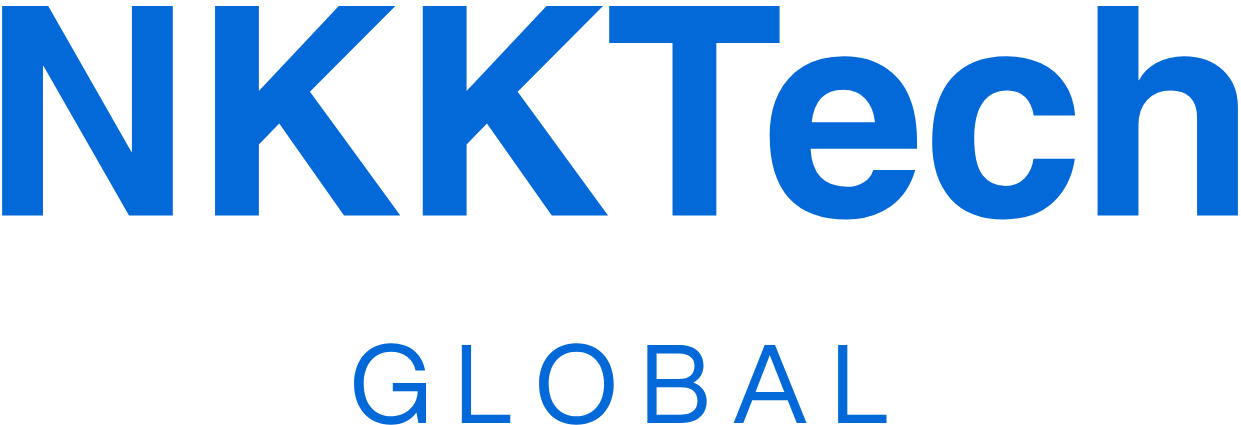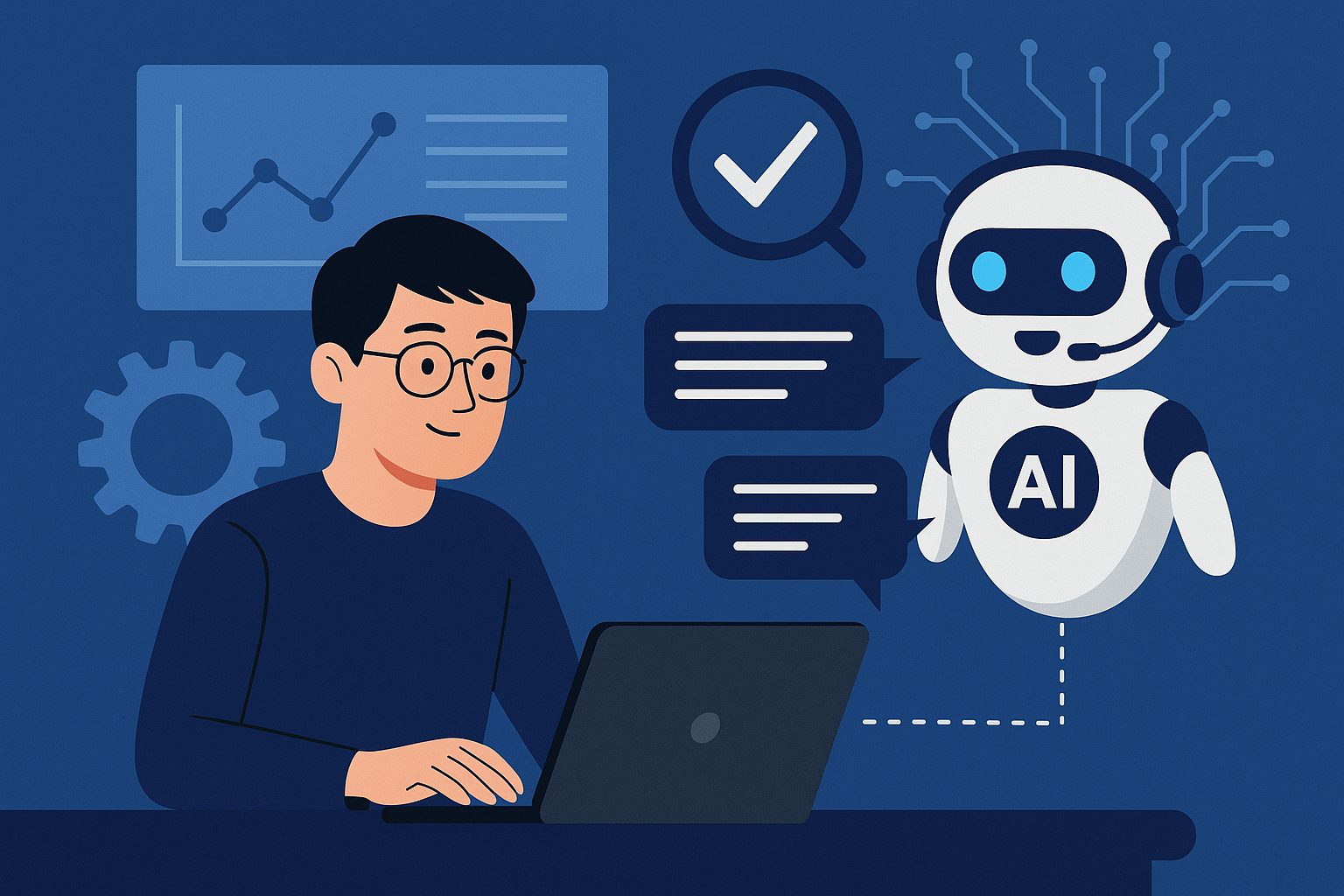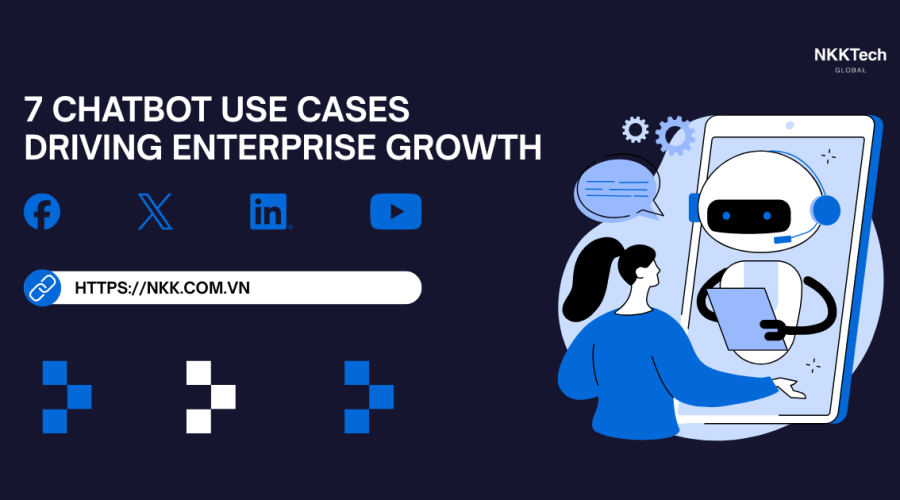AI Chatbot development is becoming increasingly popular in Vietnam. However, one of the biggest challenges is how to objectively and effectively evaluate the accuracy of Vietnamese-language AI chatbots.
1. Importance of Accuracy in AI Chatbots
Accuracy reflects a chatbot’s ability to understand and respond correctly to user queries. A high-accuracy chatbot improves user experience, enhances business performance, reduces customer service costs, and strengthens brand reputation.
2. Key Criteria for Evaluating Vietnamese AI Chatbot Accuracy
- Semantic Accuracy: Understanding the intent and context.
- Response Accuracy: Providing the correct answer or action.
- Correct Answer Rate: Percentage of user-satisfied responses.
- Handling Language Variants: Includes slang, abbreviations, misspellings, and regional dialects.
3. Popular Accuracy Measurement Methods
Common methods include:
- Confusion Matrix: For intent classification models.
- F1 Score: Balances precision and recall.
- Manual Review: Human evaluation of chatbot responses.
- Benchmark Test Set: Standardized test sets for comprehensive analysis.
4. Challenges in Evaluating Vietnamese Chatbots
Compared to English, Vietnamese chatbots face unique challenges:
- Flexible and variable grammar structures.
- Lack of standardized, diverse training datasets.
- Users frequently use informal language (slang, abbreviations).
- Difficulty in identifying intent without proper punctuation or with ambiguous terms.
5. Real-World Application at NKKTech Global
At NKKTech Global, we evaluate chatbot accuracy using:
- Automated Data Labeling System: Combines AI and human review.
- Semantic Similarity Scoring: Comparing bot answers with standard responses.
- User Feedback Integration: Real-time rating system embedded in conversations.
- Regular Retraining: Automatically detects weak spots and retrains the model.
6. Suggestions for Improving Accuracy
To improve chatbot accuracy, businesses should consider:
- Use Vietnamese-optimized LLMs: e.g., PhoGPT, VietLLaMA.
- Apply localized NLP tools: POS tagging, NER, sentiment analysis.
- Train on real-world conversations: Fine-tune models with actual customer dialogue.
- Error analysis: Tag incorrect answers for continuous improvement.
- Transition to AI Agent architecture: Move beyond static scripts to reasoning-based actions.
7. Conclusion
Evaluating the accuracy of Vietnamese AI chatbots is critical for long-term success. With advanced AI chatbot development practices and technology from NKKTech Global, building high-accuracy chatbots for the Vietnamese market is now achievable.
We recommend businesses invest in performance evaluation, training data, and tailored AI solutions to ensure optimal chatbot deployment.




